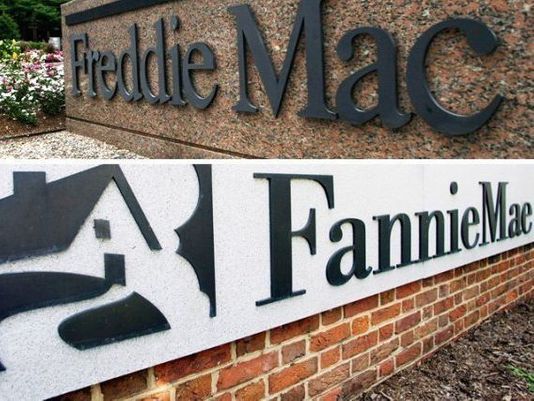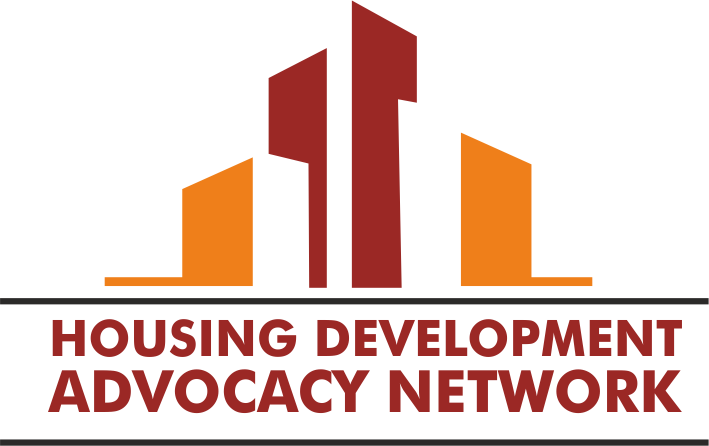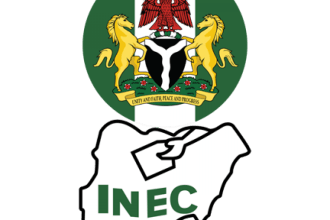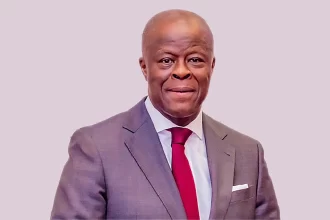Mark Calabria, currently Vice President Mike Pence’s chief economist, is President Trump’s nominee to lead the Federal Housing Finance Agency. The FHFA is the chief regulator of mortgage giants Fannie Mae and Freddie Mac, the government-sponsored enterprises.
Calabria is a longtime advocate for ending government ownership of the GSEs. He further supports reforms that would greatly diminish the two firms’ dominance in the mortgage market. Such reforms are long overdue and would be a welcome sign for the stability of U.S. financial markets.
Click here to watch weekly episodes of our Housing Development Programme on AIT
The GSEs played an important role in fomenting the financial crisis. The mortgage market is not now characterized by the reckless underwriting practices that were dominant in the years leading up to the crisis. However, the GSEs are still severely undercapitalized and continue to play an outsized role in the mortgage market. The risk posed to taxpayers, and to economic stability, remain.
 Politicians may also resist reform because the GSEs have served as vehicles for pushing policy objectives, while obscuring the costs to taxpayers. For example, the government pushed policies, such as affordable housing goals and the Community Reinvestment Act, which mandated that the GSEs expand high-risk borrowing.
Politicians may also resist reform because the GSEs have served as vehicles for pushing policy objectives, while obscuring the costs to taxpayers. For example, the government pushed policies, such as affordable housing goals and the Community Reinvestment Act, which mandated that the GSEs expand high-risk borrowing.
In September of 2008, the FHFA, then only in its first few days of operation, placed the GSEs into conservatorship. This was seen as an emergency measure to prevent the housing market from going into a tailspin. It was meant to be a temporary measure, but to this day the U.S. Treasury has maintained a 79.9 percent ownership stake in the two corporations.
However, a sharp drop in house prices could result in widespread default. Prior to the crisis, regulators required the GSEs to hold economic capital, that is, liquid low-risk investments, to protect against large-scale default. Alas, the required levels were far too low. Under government conservatorship, the GSEs are only permitted to hold nominal capital reserves.
If the GSEs are too lax in the standards for loans that they back, instability cascades through the market. As the early 2000s demonstrated, mortgage originators often have little concern for borrower risk, provided the GSEs, or other backers, are willing to guarantee their loans.
The GSEs need to hold adequate capital was attenuated because of their implicit backing from the federal government. The strength of their government charter was reinforced by the reported $200 million spent on lobbying and campaign contributions over the decade preceding their collapse.
Because of their government backing, and the competitive advantage it afforded, they were able to grow far larger than otherwise. At the time of the crisis, they owned or guaranteed more than $5 trillion in mortgage debt, making them critical to the functioning of mortgage finance, or “Too Big to Fail.”
 To reduce the risk to financial market and taxpayers alike, the government should allow the GSEs to recapitalize and then remove them from the government’s books. Fannie and Freddie’s government charters should be revoked. Both should be spun off into much smaller entities that do not pose systemic risk to the economy.
To reduce the risk to financial market and taxpayers alike, the government should allow the GSEs to recapitalize and then remove them from the government’s books. Fannie and Freddie’s government charters should be revoked. Both should be spun off into much smaller entities that do not pose systemic risk to the economy.
Source: Seth H. Giertz is an associate professor of economics and a Senior Research Fellow with the Colloquium for the Advancement of Free-Enterprise Education (CAFÉ), both at the University of Texas at Dallas.







